
Law and Regulations
Latest News
Latest Videos

CME Content
More News

Current rules governing lawsuits must be revisited to strike a balance between legitimate and frivolous legal actions against health care providers.

The 70-plus-page lawsuit is directed at Express Scripts for its dealings with drug manufacturers in fueling the US opioid crisis.
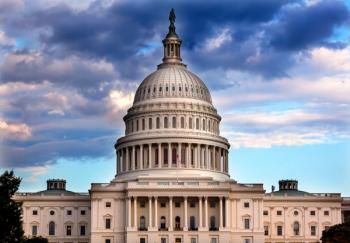
Following the Federal Trade Commission’s interim report on PBMs, legislators are galvanized to make change happen.
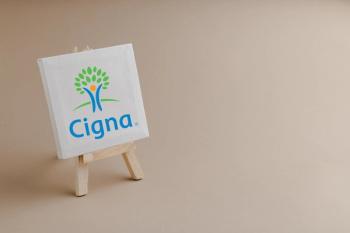
The health care giant’s pharmacy benefit manager subsidiary filed a lawsuit claiming that the FTC’s recent 6(b) report was false and misleading.

During an interview, Joseph Shields of TransparencyRx discusses the PBM legislation that is expected to move forward in Congress in the next few months.

McKesson, Cardinal Health, and Cencora will share the settlement payment, resolving claims that the companies were significantly involved in fueling the US opioid epidemic.

Inviting members of Congress into the pharmacy helps legislators experience first hand the value that pharmacists bring to their communities.
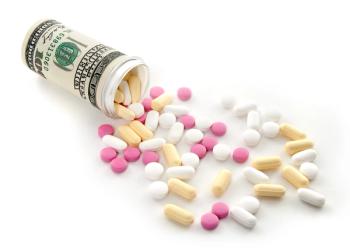
Bipartisan support—in a polarized Congress—underscores the importance of pharmacy benefit manager reform.

New prices will go into effect on January 1, 2026, for individuals covered by Medicare Part D prescription drugs.

Our congressional representatives have plenty of interaction with PBM lobbyists. It’s time they hear from patients as well.

An interim FTC report outlined how the rise of vertical integration and concentration has led to devastating results for both patients and fragile pieces of the health care delivery system.

Industry experts explored the increase in US prescription drug spending and how state spending targets come into play regarding patients’ rising out-of-pocket costs.

A Q&A with Douglas Hoey, CEO of NCPA, on how the new provision from CMS requiring DIR fees at the point of sale is impacting independent pharmacies in 2024.

See what's trending in pharmacy with a preview of the Total Pharmacy April issue.

Eric Fromhart, co-founder and chief growth officer at Aventi Health, talked about the importance of the 340B drug pricing program at the 2024 AAP annual conference.

This week, a divided America watched as the Supreme Court heard oral arguments regarding whether to reinstate restrictions on accessing mifepristone, an essential drug used in medication abortion.

As pharmacy benefit managers gain leverage to continue driving up drug prices, local pharmacies struggle to keep up and Congress has been called to act—but it might be too late.

Health care professionals, industry leaders, and politicians gathered for a virtual roundtable to discuss the state of the PBM industry.
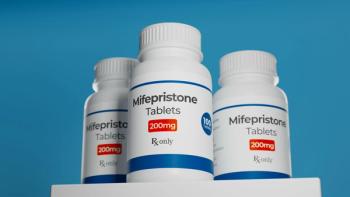
The decision comes a year after a group of conservative attorneys generals threatened the chains with legal action.


How much longer can independent pharmacists survive with the current method of reimbursement?

The Congressional Budget Office last year estimated that price negotiation will lower average drug prices in Medicare and will reduce the budget deficit by $25 billion in 2031, including lowering Part D spending by $14 billion and Part B spending by $9 billion. Other federal spending will be lowered by $1 billion.

The Equitable Community Access to Pharmacist Services Act seeks to ensure that seniors in rural and underserved communities have access to care and services from pharmacists for common infectious diseases.

Just weeks after it gained FDA approval, pharmacy organizations have come forward to voice concerns about the safety and security of Florida’s drug importation program.
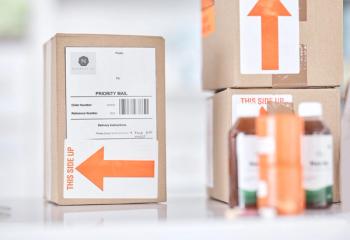
In August, the FDA issued a 1-year stabilization policy on the final enhanced drug distribution security requirements under the DSCSA. What exactly does that mean for pharmacists?
























